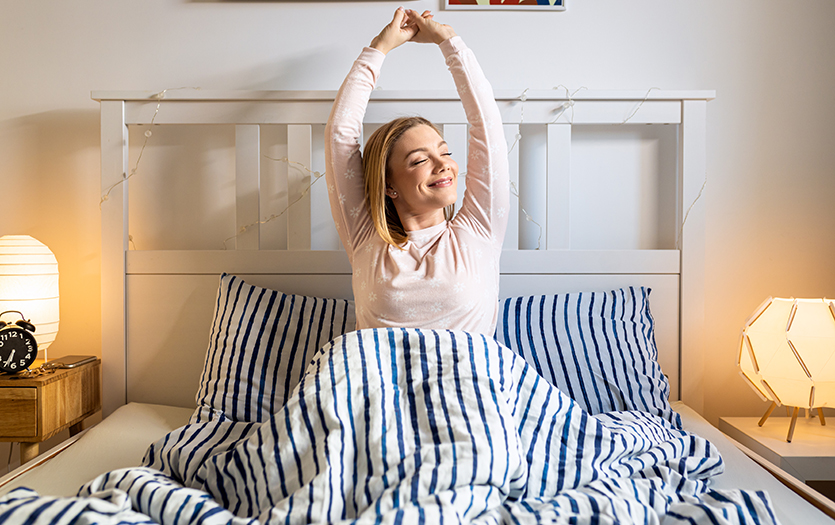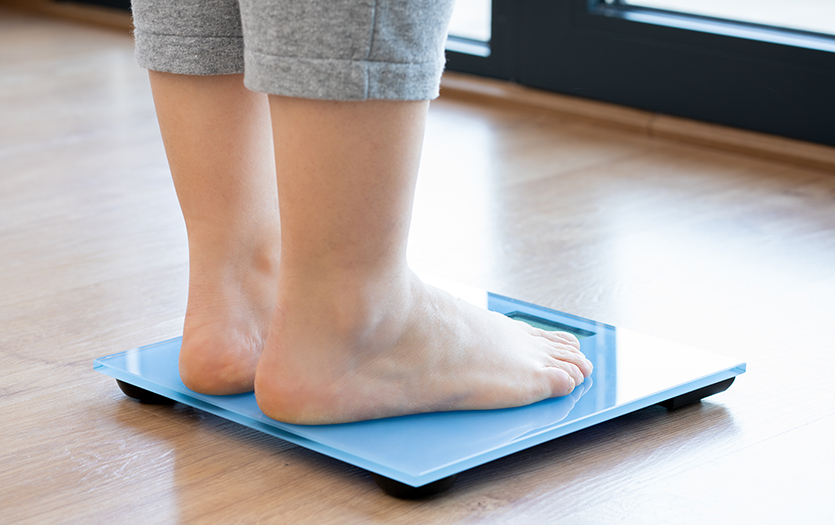
This post was written by Andrea Patterson, MD, Parkview Behavioral Health Institute.
Issues with your sleep cycle and quality can happen for many reasons—stress, pain, certain medications, etc. In addition to these, perhaps more obvious disruptors, there are many habits that people don’t even realize are sabotaging their sleep.
Do’s and don’ts for better sleep
Don’t use alcohol to get to sleep.
Alcohol may make you tired and help you fall asleep, but it hurts the quality of your sleep, meaning you wake up feeling worse overall.
Do keep a routine.
Some of us have good sleep habits during the week, but then stay up late on weekends and wonder why we can’t fall asleep on Sunday night. Similarly, we sleep in or take naps on days off, and then question why we struggle to get back into our routine. If these apply to you, try to stick to your pattern all seven days of the week.
Don’t lay there staring at the clock.
In fact, turn any clocks away from you while you are in bed! Counting the hours until your alarm goes off tends to just make people more anxious, making sleep that much more difficult. The more you associate your bed with stress, the more you will dread going to bed.
Do get out of bed.
If you are lying in bed unable to get to sleep (or get back to sleep) for over 20 minutes, it’s better to get out of bed and only come back when you feel ready to sleep. In the meantime, do something relaxing without screens such as reading, listening to music or coloring in an adult coloring book.
Don’t use caffeine after 5 p.m.
It takes hours for your body to get rid of caffeine, so if you drink a cup of coffee at 5 p.m., it may only be half-gone from your body by 10 p.m.
Do use a sleep mask.
Light stops the release of the sleep-inducing hormone melatonin, making it harder to sleep. Blocking out light with blackout curtains or a sleep mask can help your body know it is time to rest.
When to seek help
Here are some signs you may need more help and should consider talking to your provider:
- You snore.
- You’ve been told that you gasp or stop breathing in your sleep.
- You find yourself falling asleep without meaning to during the day, especially in dangerous situations like driving.
- You sleepwalk.
- You start flailing or hitting in your sleep.
- You work a night shift or a swing shift and just can’t get used to it.
- You have frequent nightmares.
- You are sleeping 4 hours or less at night and yet have tons of energy.
- You are sleeping over 8-10 hours at night and still don’t feel rested.
- You have a sudden change in your sleep.
- You wake up drenched in sweat.
- You get a feeling of needing to move your legs a lot more often at night.
- Your issues sleeping started after starting a new medication such as a steroid.
- You see or hear things other people can’t when you are falling asleep or waking up.



